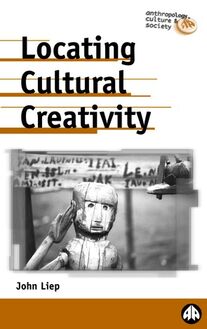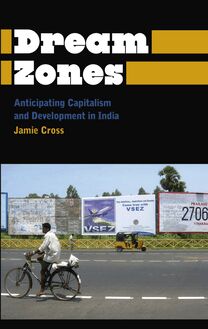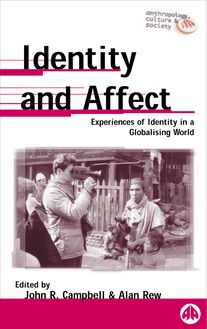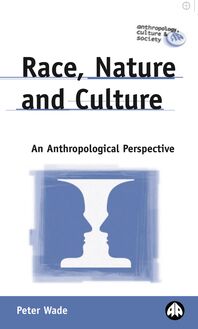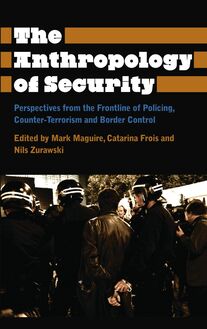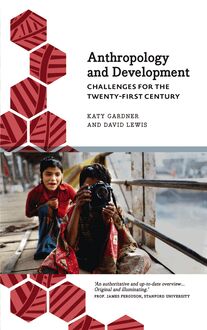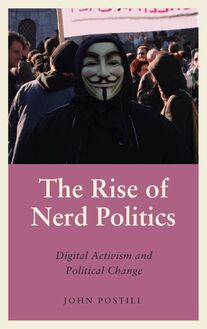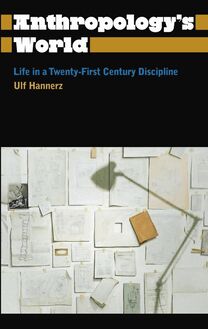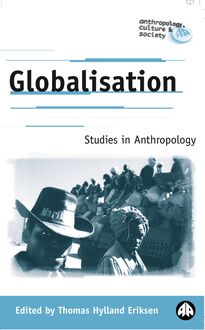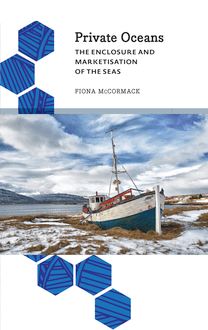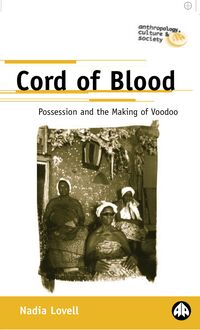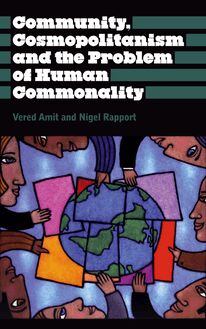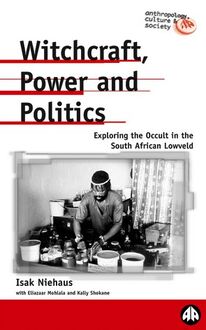Macedonia , livre ebook
181
pages
English
Ebooks
2000
Obtenez un accès à la bibliothèque pour le consulter en ligne En savoir plus
Découvre YouScribe en t'inscrivant gratuitement
Découvre YouScribe en t'inscrivant gratuitement
181
pages
English
Ebooks
2000
Obtenez un accès à la bibliothèque pour le consulter en ligne En savoir plus
Publié par
Date de parution
20 décembre 2000
Nombre de lectures
0
EAN13
9781849640800
Langue
English
Poids de l'ouvrage
1 Mo
The contributors argue that Macedonia as place and as concept is forged within a transnational network of diasporas, local communities, states and international institutions. They examine the increasingly important role of transnational bodies – including the European Union and human rights NGOs – in regulating relationships between states and minority groups, as well as in promoting multiculturalism and civic participation. They consider the role of scholarship and the media in defining Macedonia and its inhabitants. They also draw attention to the struggles of individuals in constructing, negotiating and even transforming their identities in the face of competing nationalisms and memories. In the process, they re-evaluate ‘ethnicity’ as a conceptual tool for understanding difference in the region, and raise questions about the implications of recognising, and not recognising, difference at the political level.
Introduction: Macedonian Inflections by Jane K. Cowan and K. S. Brown
1. When Difference Matters: Sociopolitical Dimensions of Ethnicity in the District of Florina by Riki Van Boeschoten
2. Os Ellin Makedonas: National Identity between History and Memory in Western Greek Macedonia: by Piero Vereni
3. On the Other Side of the River: The Defeated Slavophones and Greek History by Iakovos D. Michailidis
4. How Can a Woman Give Birth to One Greek and One Macedonian? The Construction of National Identity among Immigrants to Australia from Northern Greece by Loring M. Danforth
5. Blessing the Water the Macedonian Way: Improvisations of Identity in Diaspora and in the Homeland by Jonathan M. Schwartz
6. In the Realm of the Double-Headed Eagle: Parapolitics in Macedonia, 1994-1999 by. K. S. Brown
7. Political Practices and Multiculturalism: The Case of Salonica by Georgios Agelopoulos
Index
Publié par
Date de parution
20 décembre 2000
Nombre de lectures
0
EAN13
9781849640800
Langue
English
Poids de l'ouvrage
1 Mo
